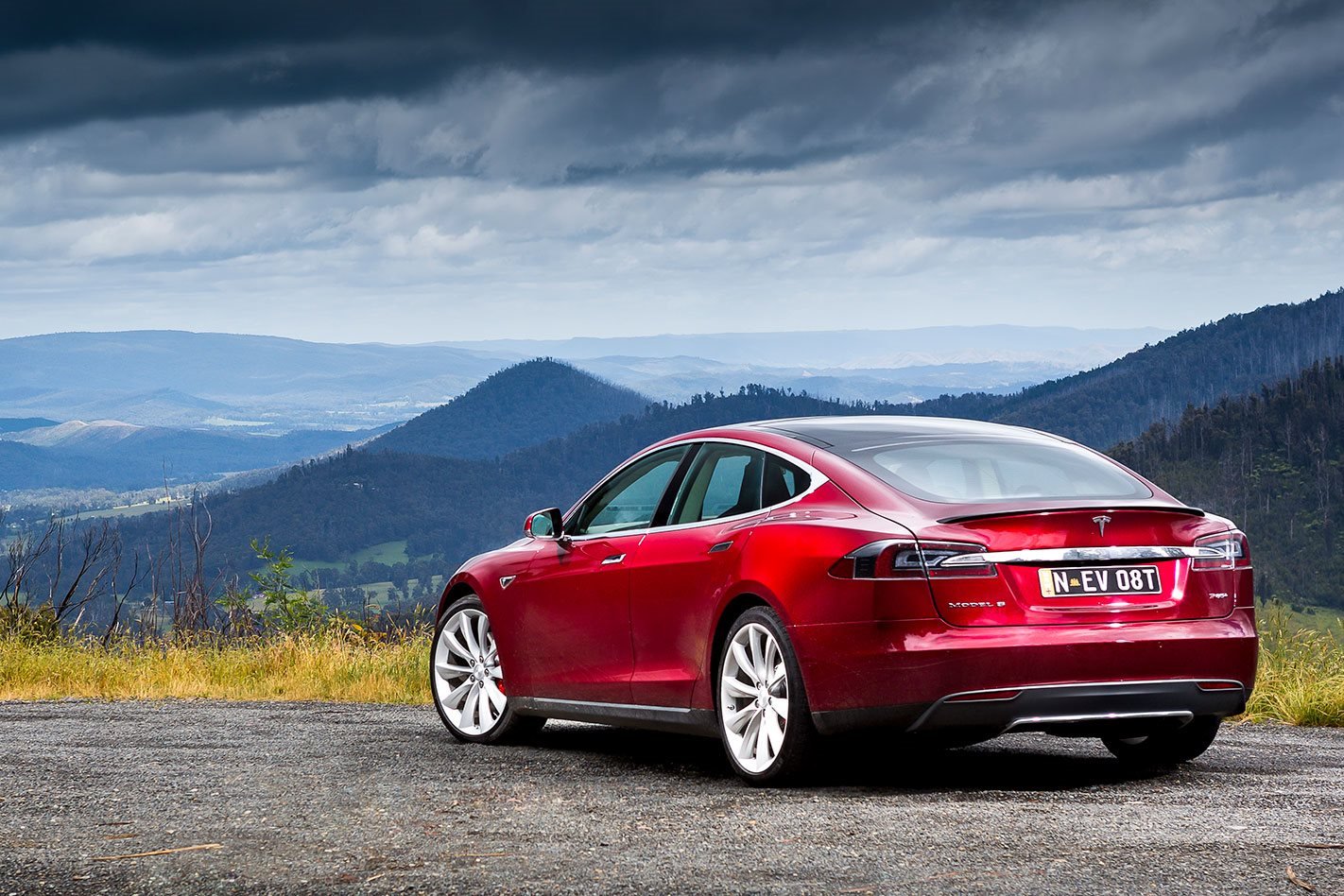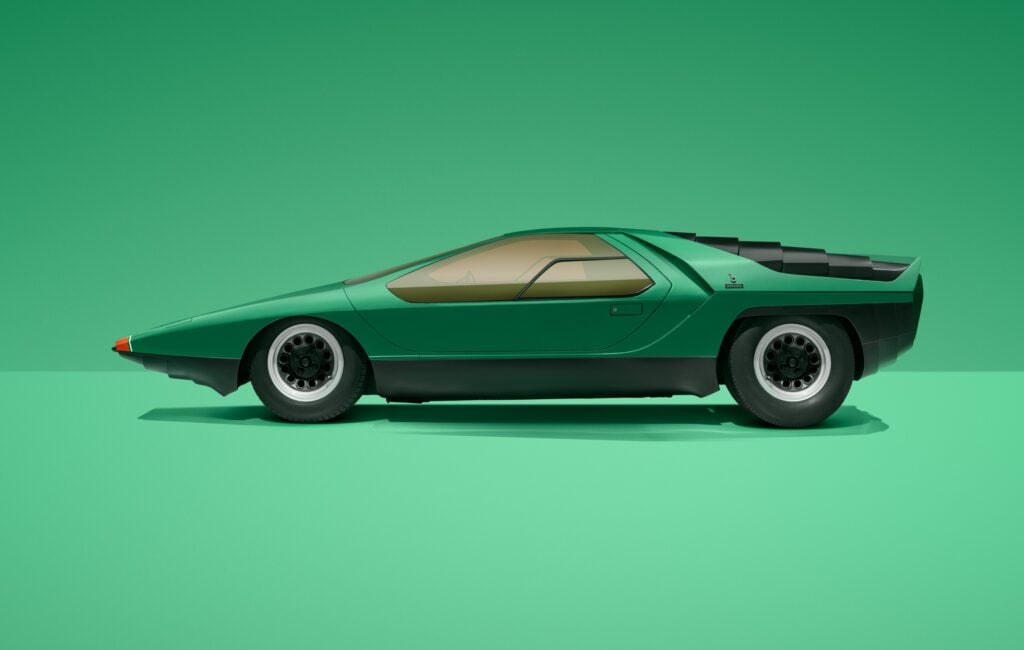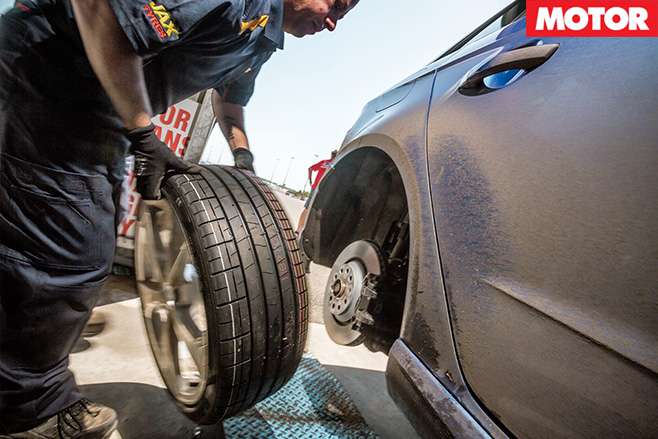
I have always been a car guy and I’ve always loved technology, so when the Tesla Model S came out I just had to have one. I saw it as the first fully-electric car without compromises. Unlike most of the golf carts out there that masqueraded as road-worthy, the Model S’s size, range, and performance were all at acceptable levels.
So, I bought one of the first 20 cars to be sold in Switzerland. It was, in retrospect, an insanely risky decision. At the time, in 2013, there were almost no charging stations in Europe, the news was full of stories of battery fires, and no-one knew what the car would be like after a couple of years. If it was anything like my iPhone, I wouldn’t reach the end of my driveway before the batteries died.
One of the perks of living in Switzerland, I belong to a group of enthusiasts who meet early on weekend mornings for drives into the mountains. I showed them the Model S and they nodded politely, but I think they saw it as a curiosity and secretly rued the absence of a big, throaty engine.
Yet today, that has all changed. Porsche, Cadillac, and Ford are all developing fully-electric vehicles to compete with the Model S. And, many major manufacturers showcased prototypes or plans for fully-electric or hybrid models at the 2015 Geneva Motor Show. If that wasn’t enough, tech giants including Apple, Samsung, and Google have all announced electric-vehicle projects.
Does this spell the end of the fossil-fuelled car? I think the answer is yes. Yet, the real answer is ‘sooner than anticipated’. After all, there are solid scientific reasons that fossil fuels are called ‘non-renewable’. The reason for the change, however, is something much more practical: convenience.
My argument is electric cars are simply more convenient than gasoline cars, and will only become more so. My electric car is always full. This is because I plug it in every night. No engine means mountains of storage space. I almost never have to take it to the garage, because upgrades and fixes are downloaded overnight. The other day when I started the car, I noticed that lines in the rear camera had appeared to help me reverse.
We are not at the tipping point just yet. The battery range needs to be improved so that motorists (an antiquated term) can travel long distances without recharging – I think the magic number is 1000km on a single charge. We still have some way to go before we reach that number.
What about the current car giants, will they be the same companies in the future? I think the answer is probably yes, but not all of them, and the market will be redistributed. Automobile manufacturing is a high fixed-cost business, and not an easy one to enter. Tesla is one of the very few exceptions, and a lot of their success can be put down to timing, luck, and chutzpah. I recently took a tour of their manufacturing facility in Fremont, California (yes, they only have one factory worldwide) and learned that they picked up their factory essentially for nothing. These opportunities are few and far between.
Most of the car companies will survive, albeit in different forms. The basic structure of an automobile will not change that much, unlike the motor. I would worry more about the oil and gas companies whose lifespan, which was already finite, will likely be reduced.
Car nut Michael Wade is a Professor of Innovation and Strategic Information Management at the International Institute for Management Development, Switzerland. Check out www.imd.org for more info.
This article was first published in MOTOR June 2015.



